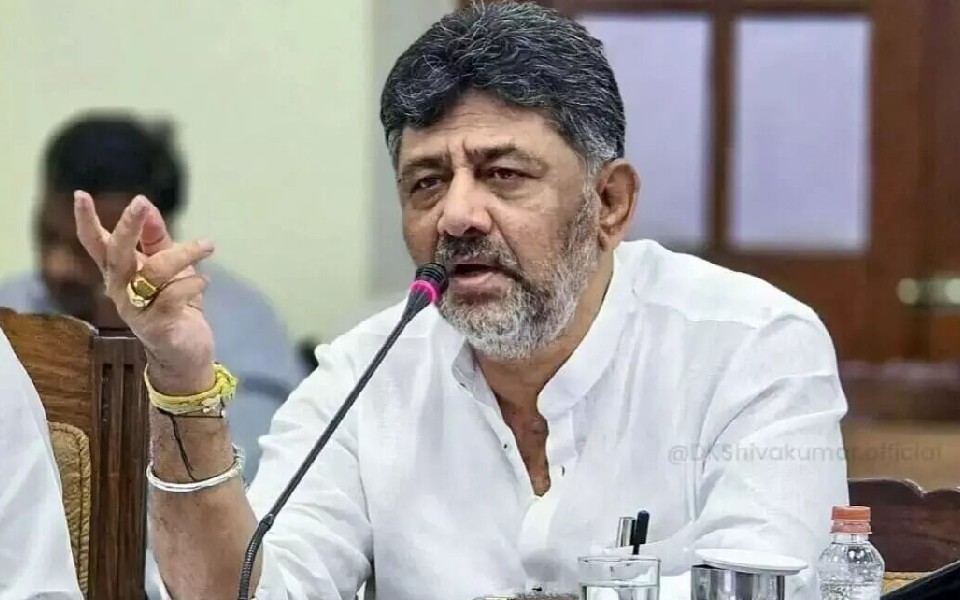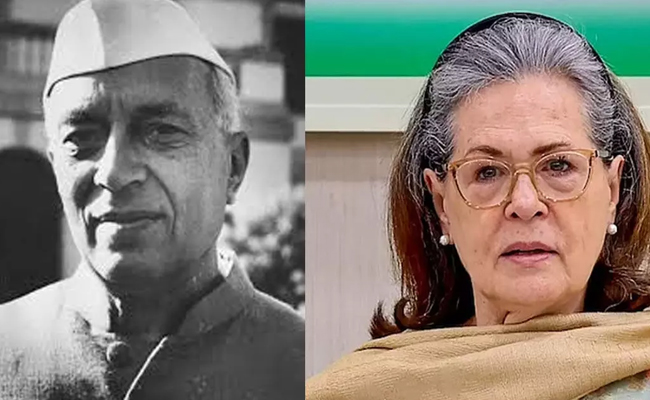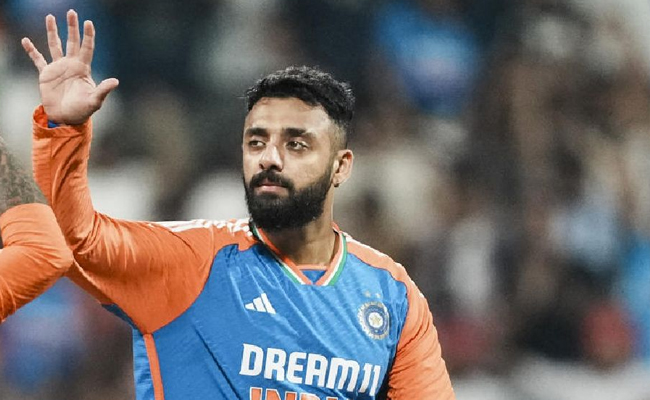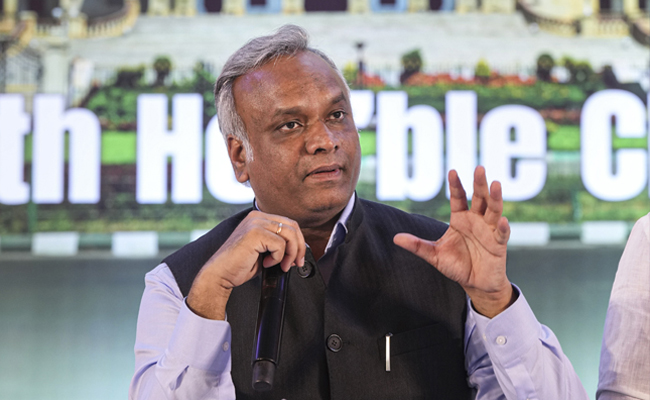Raichur (Karnataka), Oct 8: Karnataka Deputy Chief Minister D K Shivakumar on Tuesday once again ruled out the possibility of replacing the chief minister, as he asserted that the incumbent Siddaramaiah would continue in the post.
His comments have come in the wake of demands by opposition parties for Siddaramaiah's resignation, and behind-the-scenes political activities within the ruling Congress, following charges against the chief minister in the MUDA site allotment case.
"There is no need for anyone from Congress to discuss or hold meetings. The chief minister has nothing to do with it (case). Investigation is on in accordance with law. Let's see later. Why unnecessarily discuss things now? It has nothing to do with it now," Shivakumar said.
Shivakumar was responding to senior Congress leader and former Speaker K B Koliwad's statement that Prime Minister Narendera Modi "going to villages" and raising MUDA issue during the Haryana poll campaign had affected the party's prospects there.
Koliwad had earlier too said that Siddaramaiah should resign over the MUDA 'scam' keeping the party's interests in mind and to avert further embarrassment, adding that he could become the CM again after coming out clean.
Speaking to reporters here, Shivakumar, who is also the state Congress president, ruling out the chief minister's resignation, said: "there won't be any change."
Asked about the alleged "2.5 years agreement" between him and Siddaramaiah for CM post, Shivakumar said, "that is a different matter, our government will be there, also CM will be there."
There was stiff competition between Siddaramaiah and Shivakumar, a powerful leader from the politically influential Vokkaliga community, for the chief minister's post after the declaration of Assembly election results in May last year, and the Congress had managed to convince the latter and made him the Deputy Chief Minister.
There were some reports at the time that a compromise had been reached based on a "rotational chief minister formula," according to which Shivakumar will become CM after two-and-half years, but they have not been officially confirmed by the party.
Later speaking to reporters in Hubballi, Shivakumar, in response to a question that some Congress leaders were lobbying the Congress central leadership for CM post in Delhi, said, "no lobby or declaration."
Asked about Minister Satish Jarkiholi being hailed as the next CM by his supporters, he said, "I don't know about it, you ask him. Our Chief Minister is Siddaramaiah. We are working under him, and will continue to do so."
To a question about him becoming CM, he said, "now Siddaramaiah is there (as CM)."
Siddaramaiah is facing the Lokayukta and ED probes into alleged irregularities in allotment of 14 sites to his wife Parvathi B M by the Mysuru Urban Development Authority (MUDA).
Siddaramaiah's wife, brother-in-law Mallikarjuna Swamy, Devaraju -- from whom Mallikarjuna Swamy purchased land and gifted it to Parvathi -- and others are named as other accused in the case by Lokayukta.
Commenting on the poll results in Haryana and Jammu and Kashmir, Shivakumar said the Congress was confident that voters would vote for the party with an absolute majority, but the results have come against the belief in Haryana. However, in Jammu and Kashmir the results have come in favour of INDI Alliance as expected, and "people have saved democracy."
The party will look into what went against it in Haryana, he said. "It's a lesson for us, and, accordingly, the party will take further steps cautiously, keeping the verdict of the people in mind..."
Let the Truth be known. If you read VB and like VB, please be a VB Supporter and Help us deliver the Truth to one and all.
Kozhikode (Kerala) (PTI): A Kerala court on Wednesday sentenced a man to 41 years in prison for sexually assaulting a minor boy near Valayam in 2021.
Nadapuram Fast Track Special Court judge K Naushad Ali sentenced 64-year-old Panchara Musa, also known as Ganapathiyat Musa, under various provisions of the Protection of Children from Sexual Offences (POCSO) Act and the Indian Penal Code (IPC), according to special public prosecutor Manoj Aroor.
As the sentences are to run concurrently, the convict will have to serve the highest term of 20 years’ imprisonment, SPP Aroor said. The court also imposed a fine of Rs 52,000 on Musa.
The incident took place in August 2021 when the accused allegedly took the 14-year-old boy to a bus stop in Valayam town and sexually assaulted him, the prosecutor said. The accused also gave Rs 50 to the boy, he added.
Following the incident, the boy and his father lodged a complaint at the Valayam police station.
A case under various provisions of the POCSO Act and the IPC was registered, and the accused was subsequently arrested, the SPP said.
The prosecution examined 16 witnesses and submitted 16 documents to substantiate its case against the accused, he added.





